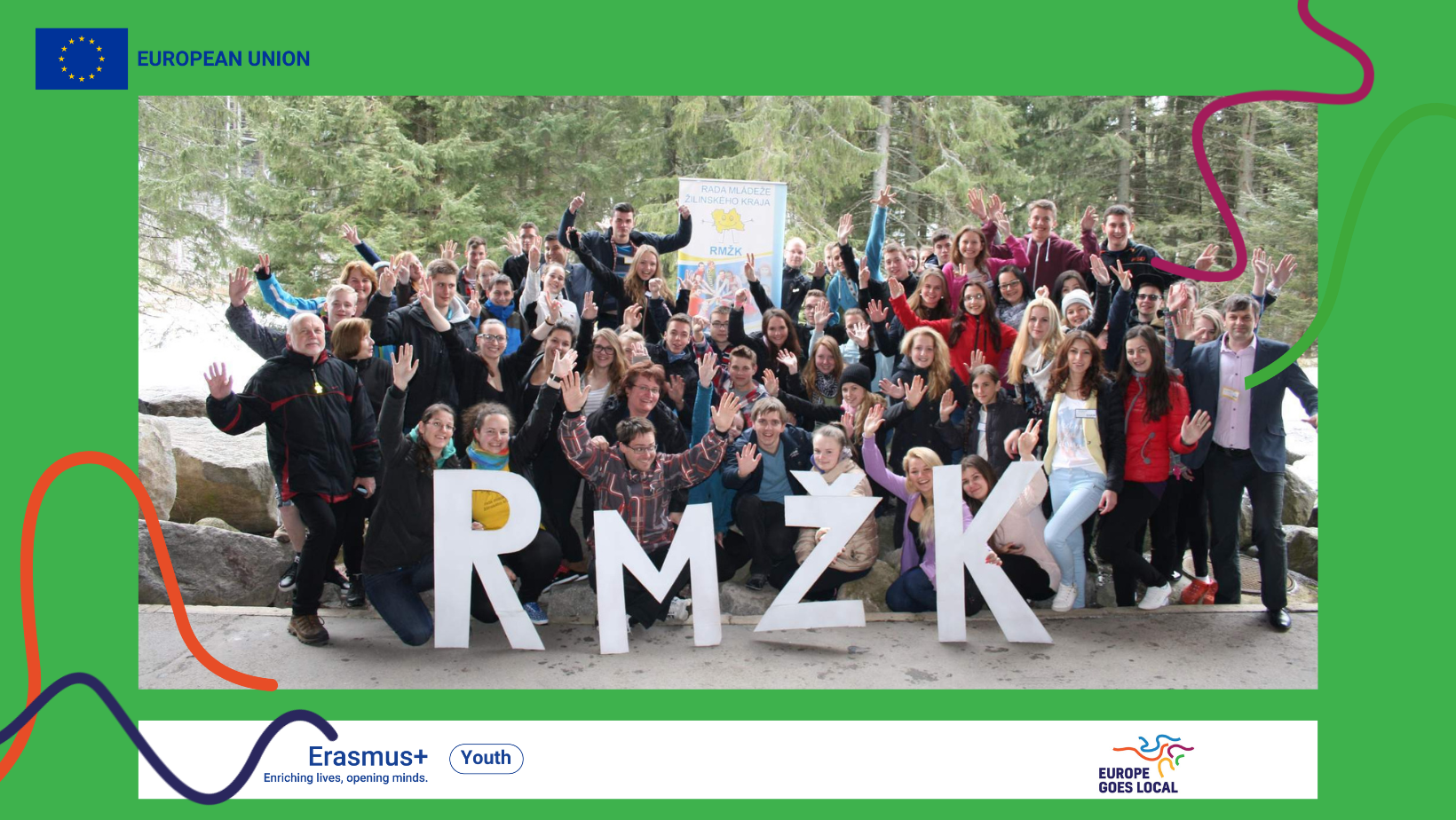
In this new EGL in Action we’ve interviewed Ivana Gabrišova from the Žilina Youth Council in Slovakia. Ivana tells us about what the organisation does, how they involve young people, how they increase youth participation in rural areas, and their strategic document, the Concept of Youth Work in the Municipality.
Youth work in Žilina is working to engage and empower young people by providing opportunities to learn, grow, and participate in community activities. Our work involves a range of initiatives to support the social, educational, and emotional needs of young people. This also includes all sorts of community services. If we could summarize the activities of our office, they would include the following:
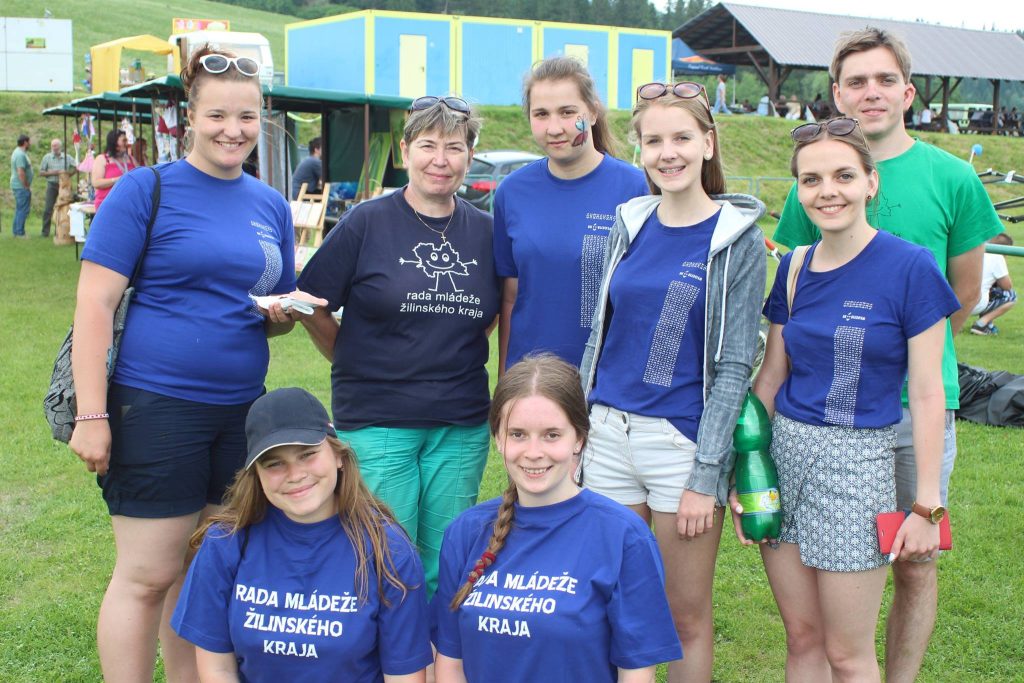
Like in many similar settings, our challenges are around getting the stakeholders together to address the needs and increase the levels of participation and engagement. For a start, we facilitate meetings. Young people can then express the good things in their communities and the needs and issues to solve. These discussions are about change. So we start from understanding the reality first. The typical challenges are:
From this process of outlining the challenges together with the youngsters, the young people are invited to work towards the aims of change. They define priorities, end goals, and measures, which can be done to increase the quality of life for young people in their communities. This process serves to create a roadmap to help young people see how they want their community to look like in the near future. In our case, in 7 years’ time.
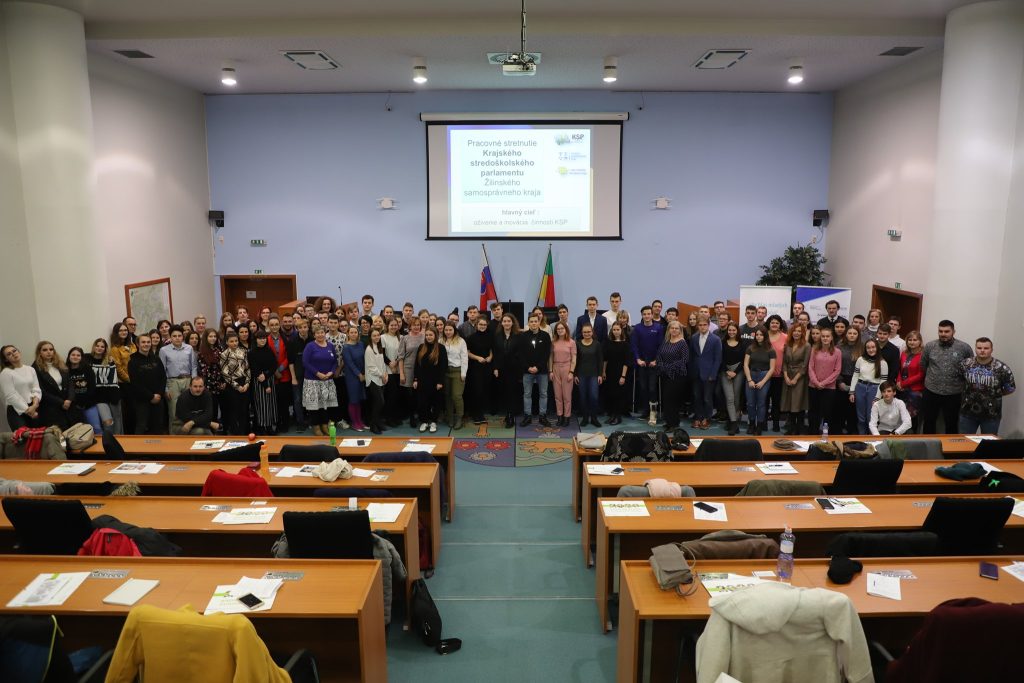
We’ve been leading the process of creating a strategic document, the Concept of Youth Work in the Municipality, in rural municipalities that are interested for a period of seven years. That includes a series of meetings with young people, local politicians, municipal leadership and also the general public.
We gather information about the issues that need to be addressed in the lives of young people in face-to-face meetings. After this analysis, we set goals and activities together for two years in an action plan.
We then accompany young people and local politicians in implementing activities that eliminate the problems and challenges in the respective municipality. After two years, we set the next plan of activities together with them.
We’ve been in contact with the local youth and politicians for several years this way, following the newly appointed people after the elections. This encourages youth participation in public affairs. The process of establishing rural community management is in the process of developing and implementing a strategic document for promoting the livelihoods of young people: the Concept of Youth Work in the community.
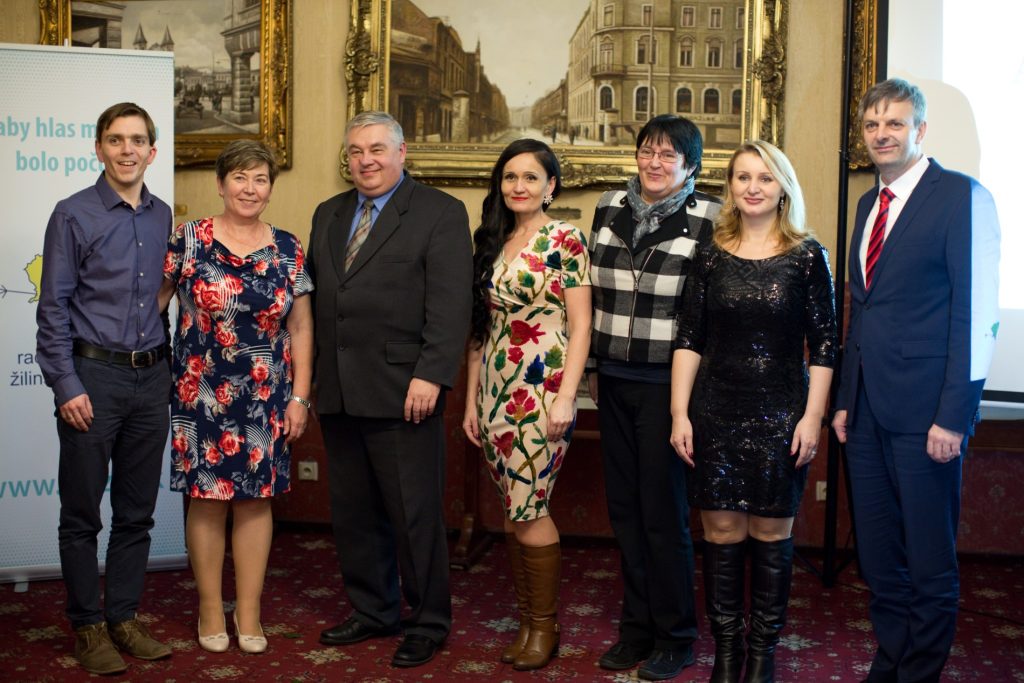
We use a range of tools, such as roundtables, discussions, sometimes online questionnaires, and consultations on produced draft documents. The European Charter on Local Youth Work is also used as a motivational tool.
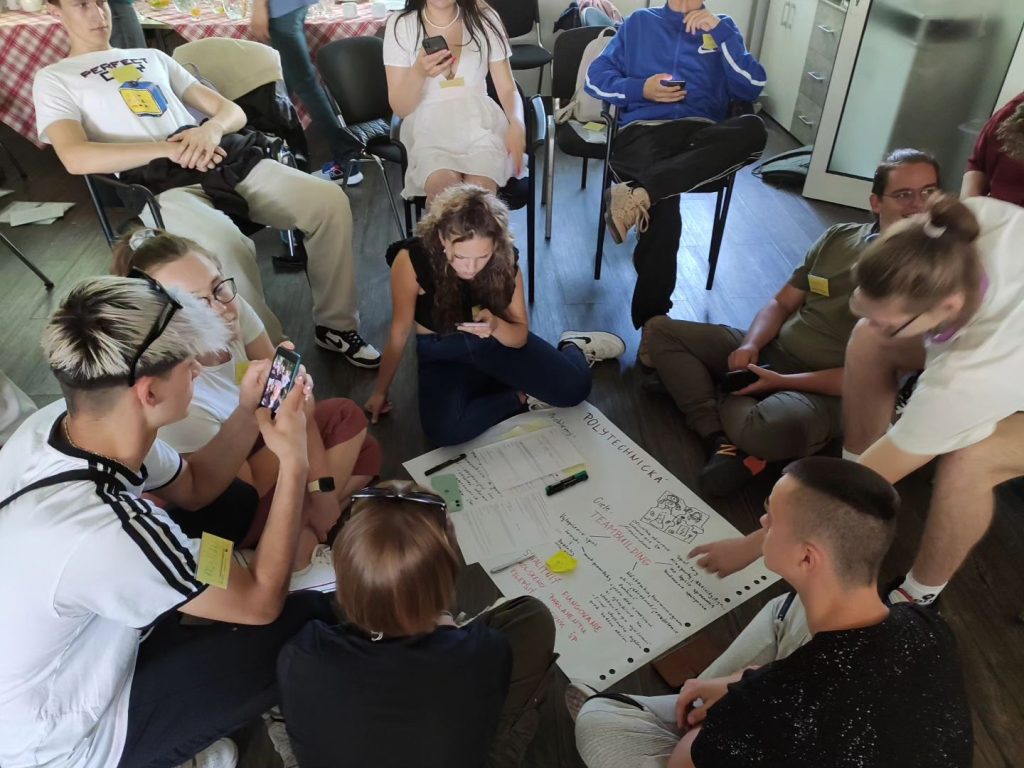
Young people in the countryside set up their own Youth Councils. These are groups where they organize their own activities. Sometimes they are also involved in the challenges of the municipal leadership.
As an organization, we offer these groups training. Some of the trainings we offer are methods and non-formal education aimed at personal development, knowledge of current legislation concerning young people, and the possibility of obtaining grants to support their activities, including Erasmus+ and the European Solidarity Corps. We also offer regular consultations if young people need them.
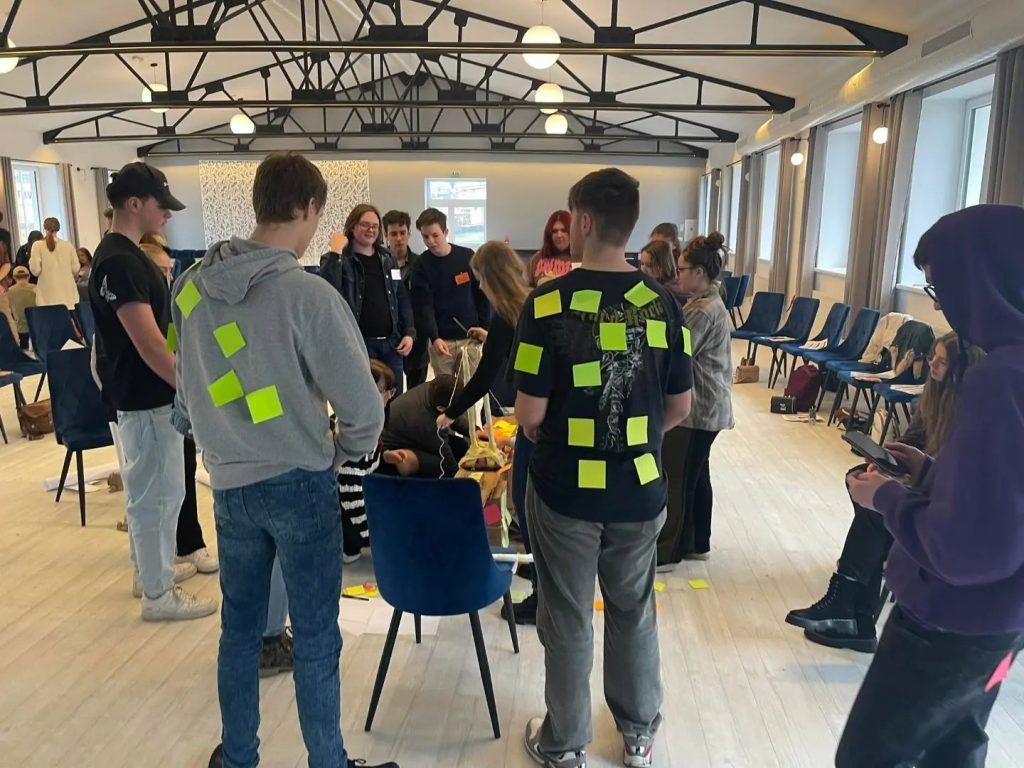
It’s motivational, especially when young people manage to get financial support from a program. In that case, they can stir up the lives of young people in the local and broader communities. Because young people living in the countryside have a keen sense of the local community and of their contribution to it. They are happy to carry out activities that involve not only young people but also other age groups.
We plan to focus on training in the project development process and how to write a good project, especially in the Erasmus+ program. They will also be able to implement their own small project in the village.
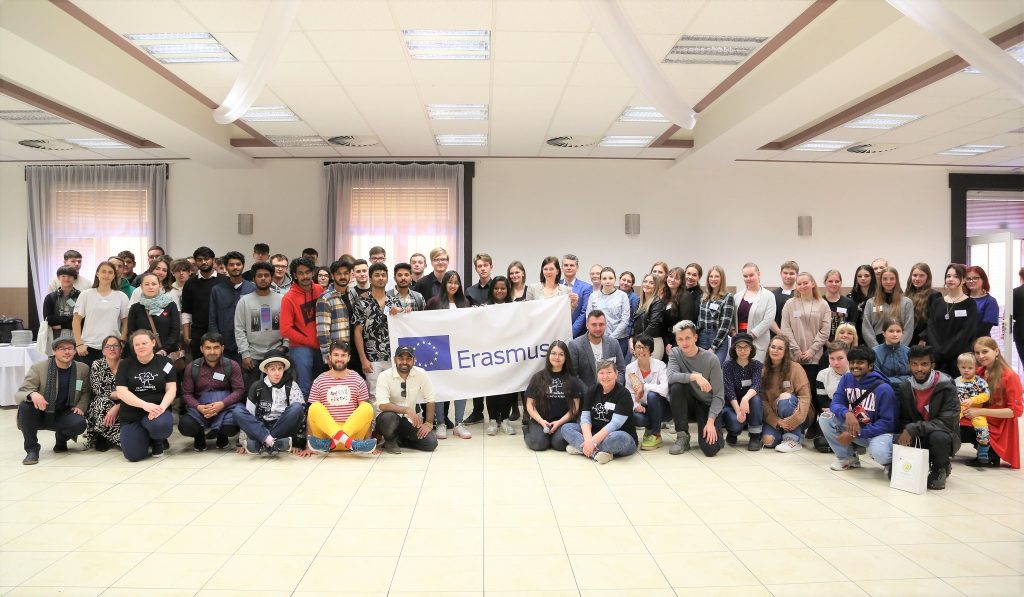
All these activities are aimed at promoting the participation of young people in the different environments where they are active, networking with them and making examples of good practice visible.